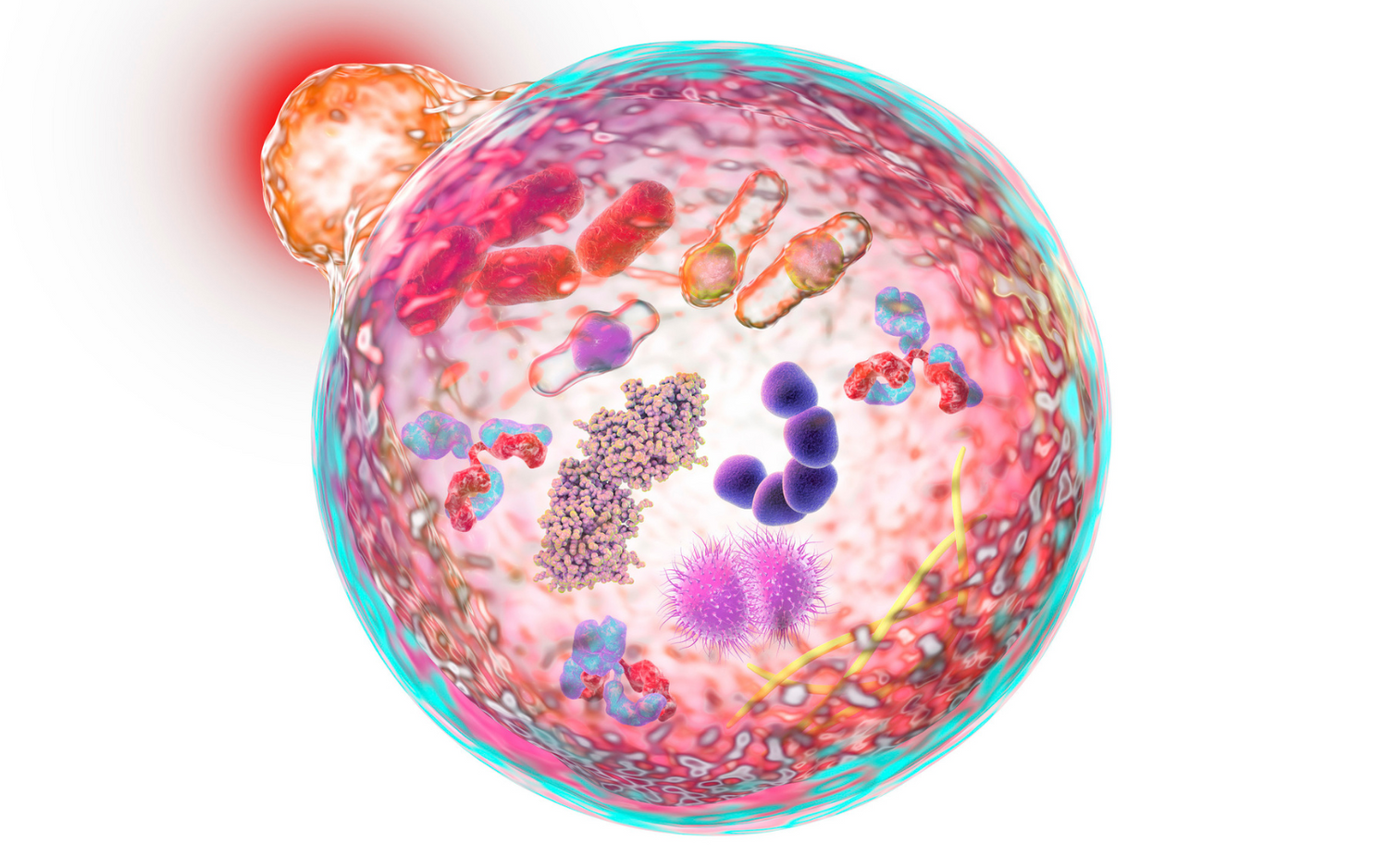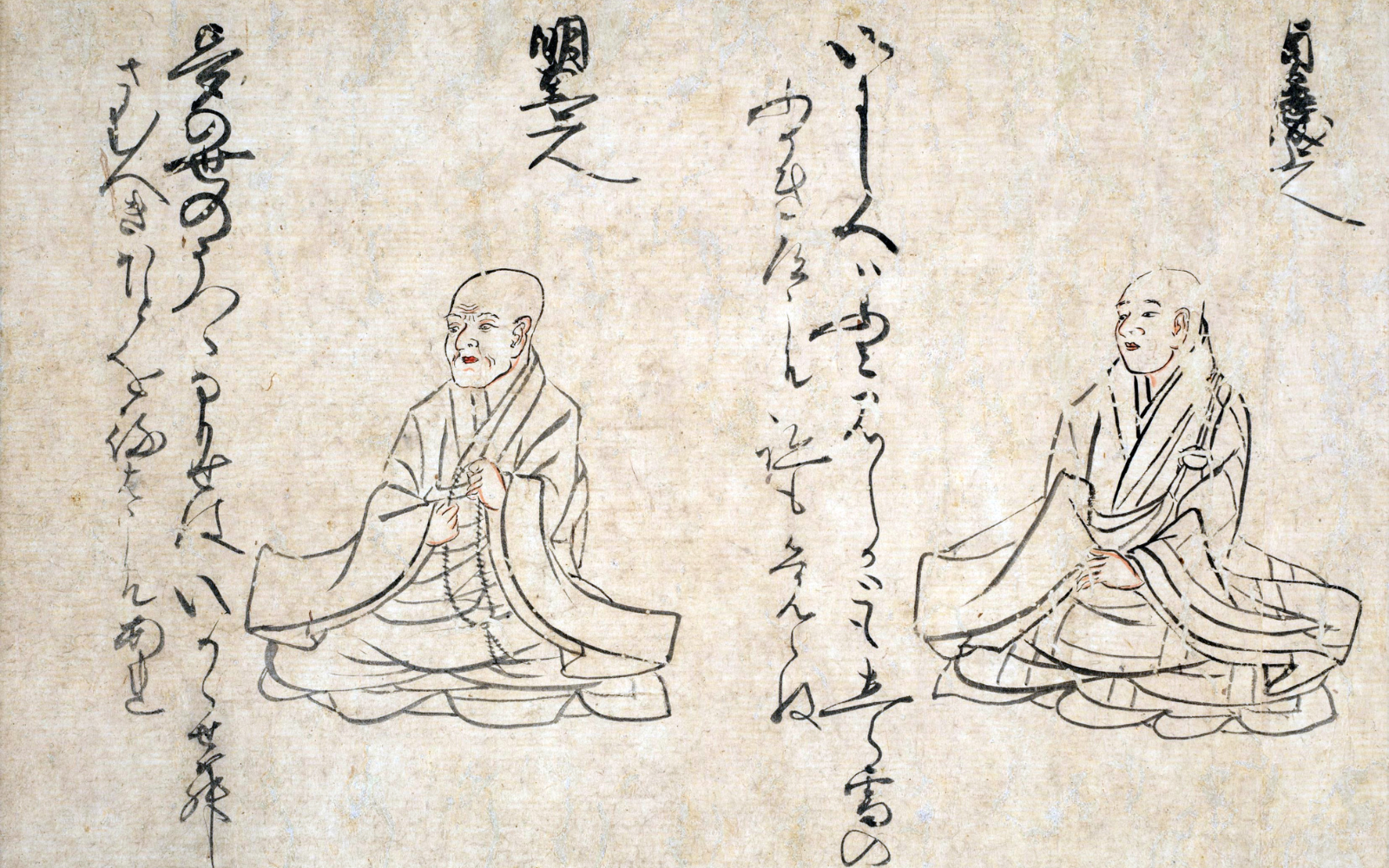New Hallmarks of Aging
We’ve already touched on all the Hallmarks of Aging outlined by Lopez-Otin et al in their groundbreaking 2013 paper (1). But, their latest update, published in 2023, includes three more Hallmarks (2). The first, which we will explore in this blog, is an additional primary hallmark, disabled macroautophagy. The second and third—both integrative hallmarks—are chronic inflammation, which is difficult to tease from altered intercellular communication, and dysbiosis.
Autophagy, Macroautophagy and Aging
We’ve talked about autophagy a lot particularly in the context of fasting, other ways to induce autophagy beyond fasting, and supplements. So, you may already know that it is an important cellular recycling process that is known to slow with aging.
Macroautophagy is one type of autophagy and involves the containment of cytoplasmic material into vesicles, whose contents are later digested or broken down into parts by lysosomes, another cellular organelle. Lopez-Otin justify the inclusion of macroautophagy as a hallmark because of reduced organelle turnover and its known contribution to aging; but there is ample evidence of autophagy dysfunction beyond organelle degradation contributing to aging and aging-related dysfunction or decline (2).
Hallmarks of Aging Criteria
You’ll remember from earlier Hallmarks of Aging blogs, that to be a hallmark, disabled macroautophagy must fulfill three criteria.
-
It should manifest or happen during normal aging.
-
Experimental acceleration or increase of the hallmark accelerates normal aging
-
Experimental reduction of the hallmark slows normal aging.
To the first criteria, that it accumulates during normal aging, we can think particularly of mitochondrial dysfunction due to decline of mitophagy (mitochondrial autophagy) as discussed in Hallmark 6. But, generally, the expression of autophagy-related genes are known to decline with age. Reduction of autophagy results in the accumulation of cell trash—for example, protein aggregates, dysfunctional organelles, and even pathogens. Reduced autophagy also can increase inflammation because the proteins involved in inflammasome and their upstream triggers are not being eliminated.
Second criteria: Accelerating Aging due to Autophagy Inhibition
In model organisms, when autophagy is genetically inhibited the aging process is accelerated. Removing the inhibition, or rescuing the part of the autophagic process that was suppressed, has been shown to reduce the aging process. In human patients, loss-of-function mutations in genes that regulate or execute autophagy, result in reduced autophagy and have been causally linked to a broad spectrum of disorders including cardiovascular, infectious, and neurogenerative disorders; many of these disorders resemble premature aging.
Third criteria: Autophagy Stimulation for Decelerated Aging
As we talk about often—see articles linked above—there is ample evidence that increasing or stimulating autophagy increases health and lifespan in humans and model organisms. Age-associated pathologies are also reduced when autophagy is increased.
An example offered by Lopez-Otin of the impact of inducing autophagy includes an experiment in which mice, when supplemented with spermidine, lived 25% longer than the control group. The spermidine induced autophagy in multiple organs and both increased longevity and reduced cardiac aging (1).
Spermidine and Autophagy
Spermidine is a polyamine known to induce autophagy via multiple pathways. Lopez-Otin specifically cites the inhibition of acetyl transferase EP300, which results in reduced acetylation of several core autophagy proteins, and the hypusination of eLf5a, which is essential for the synthesis of the autophagy transcription factor TFEB (1).
Interestingly, spermidine can potentially rescue immune system components. For example, when B and T lymphocytes from aging donors were examined, they exhibited decreased autophagy. When cultured in the presence of spermidine, however, the cells recover younger levels of TRB and elf5A and normal levels of autophagic flux (3,4).
Spermidine is produced naturally in the body, but its natural levels decrease with age. Restoring spermidine levels is possible through food or supplementation (try our food-derived, premium spermidine supplement, Primeadine!).
Increase Your Autophagy Today
It’s clear that disabled autophagy fulfills the requirements to be a hallmark. The more we know about the role that autophagy plays in health and aging the more we are assured of the importance of food-derived spermidine supplements like Primeadine. A naturally sourced product with little in the way of negative side effects, Primeadine is a smart, safe way to improve or restore autophagy levels, combat aging and aging-related illness, and even improve your appearance. We encourage you to find out more about our product and the benefits of autophagy here.





Leave a comment
All comments are moderated before being published.
This site is protected by hCaptcha and the hCaptcha Privacy Policy and Terms of Service apply.